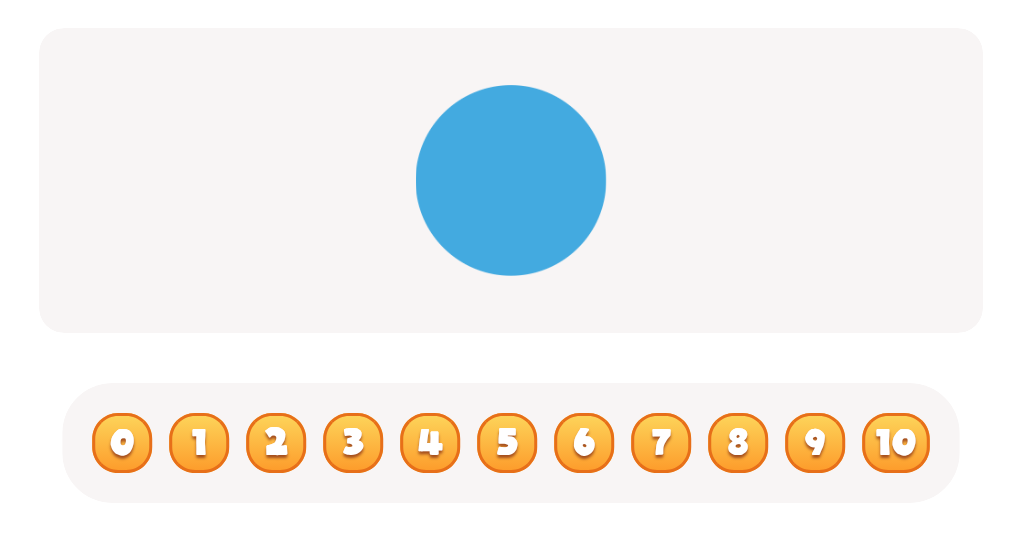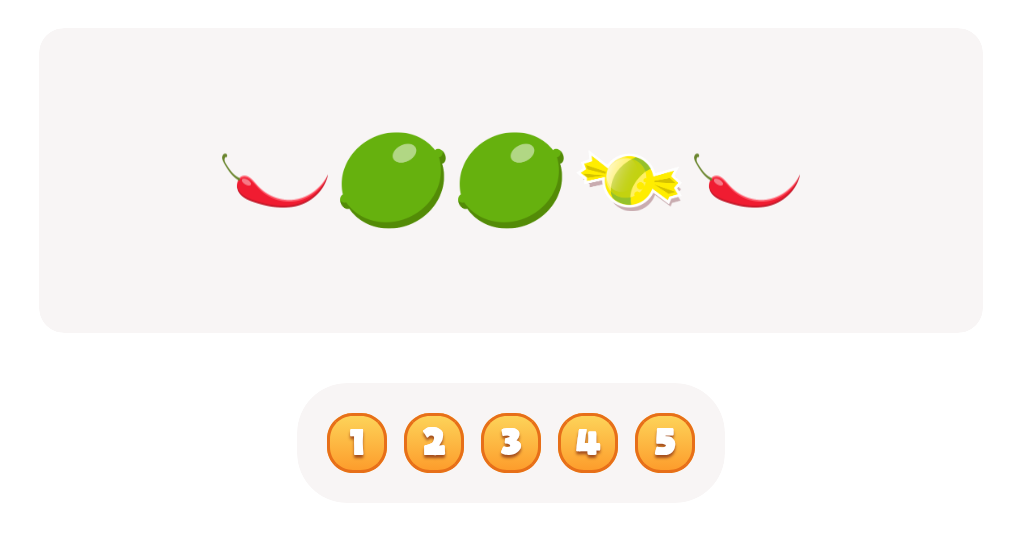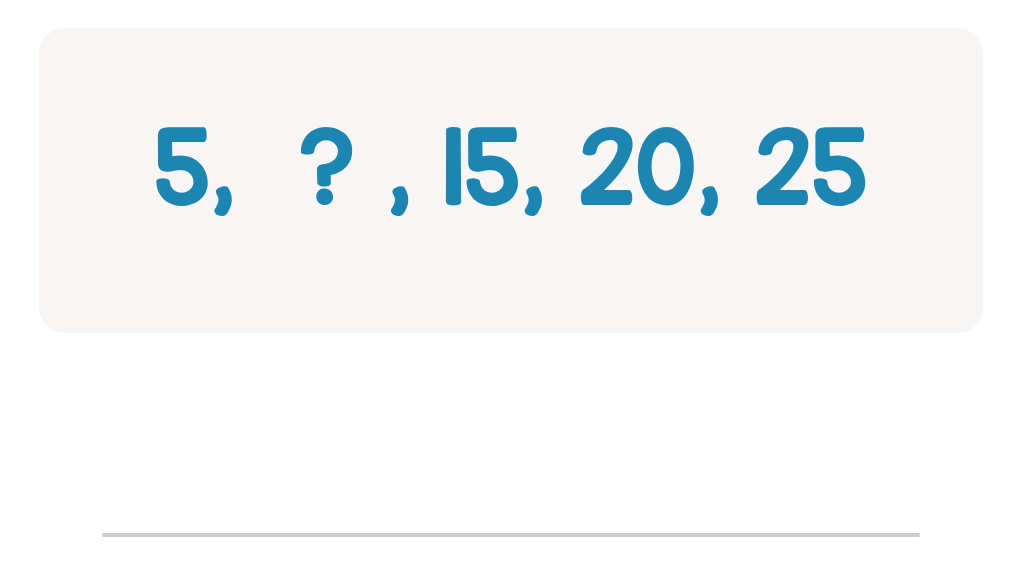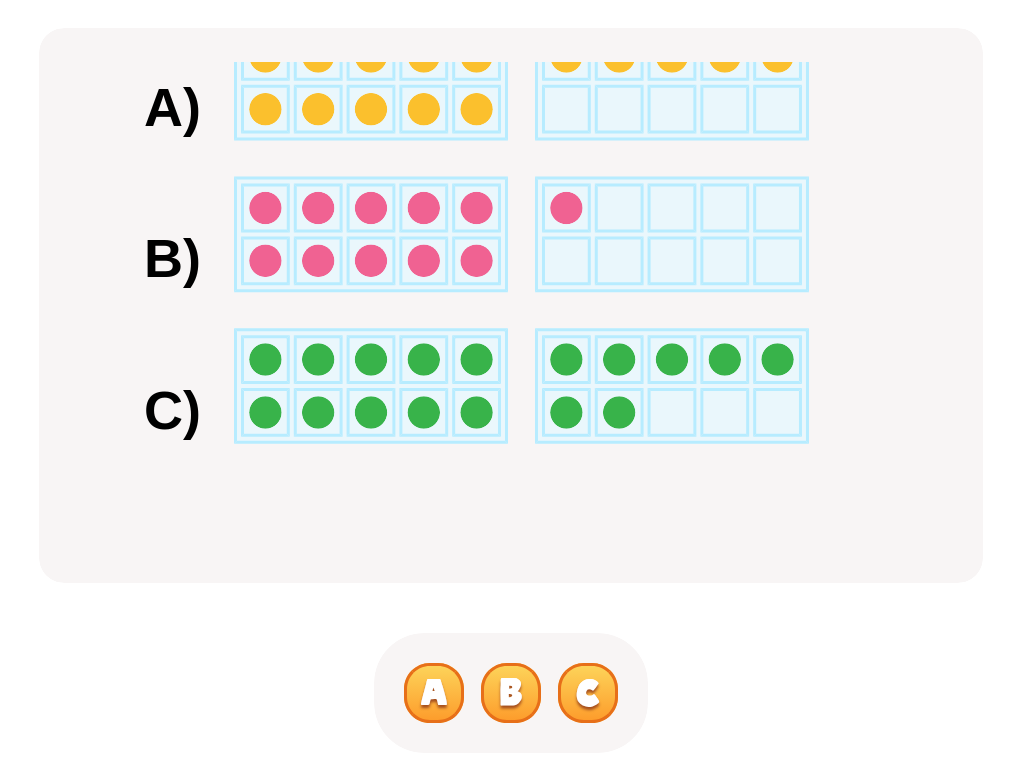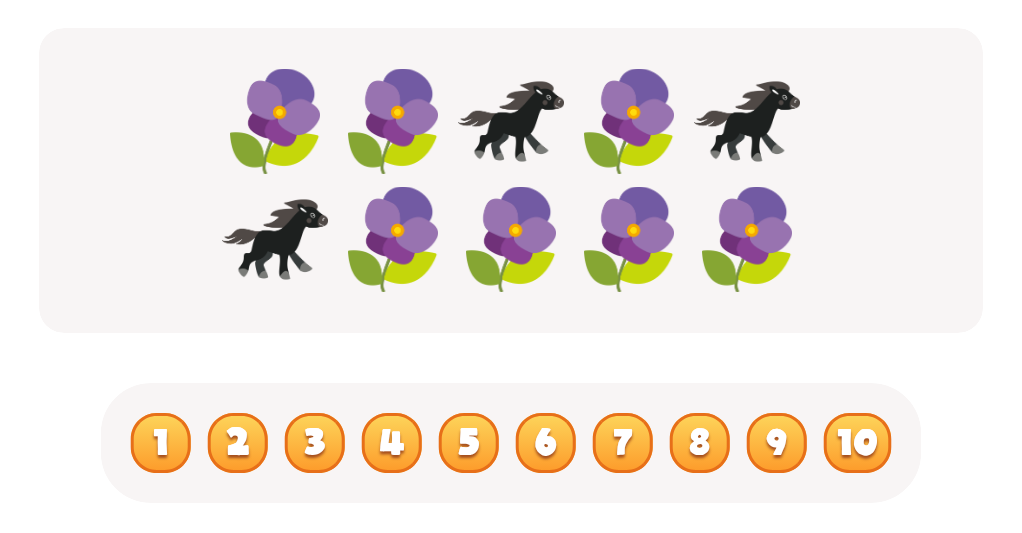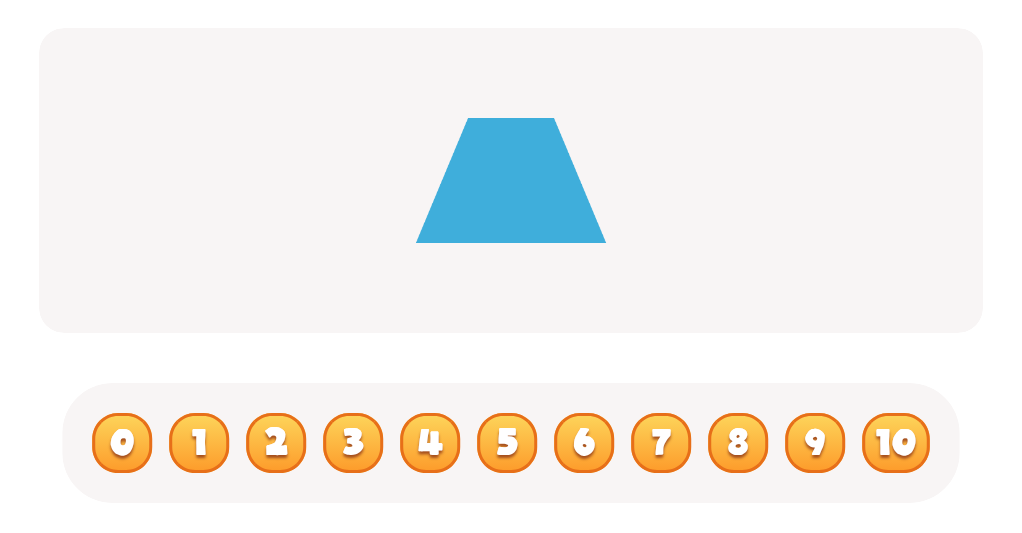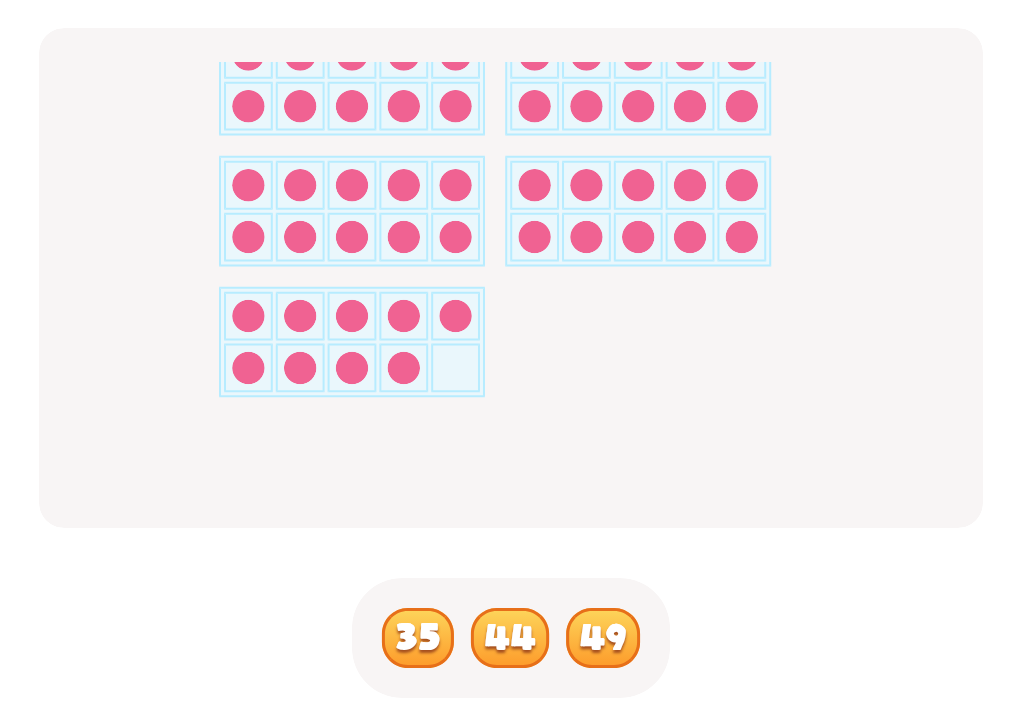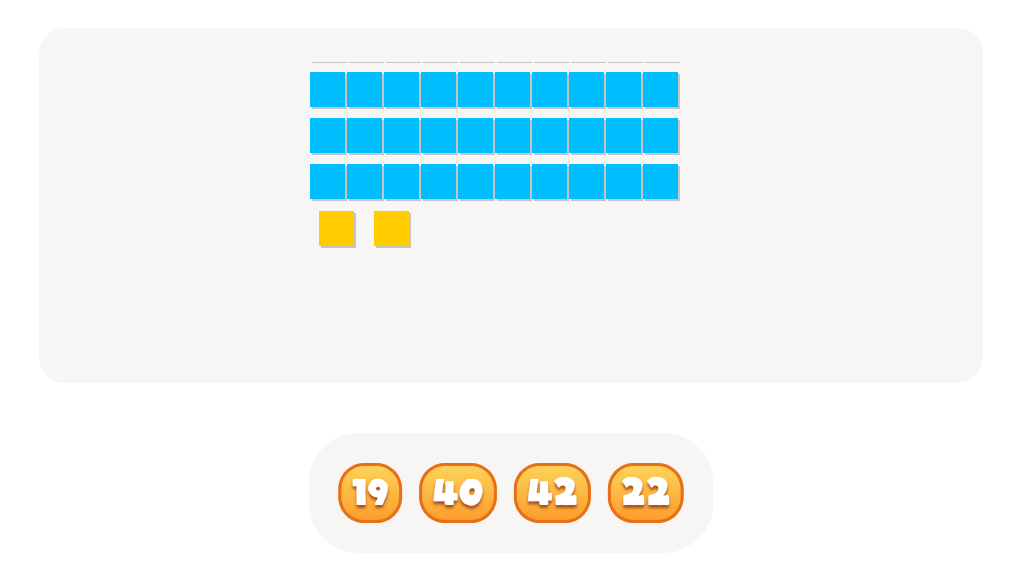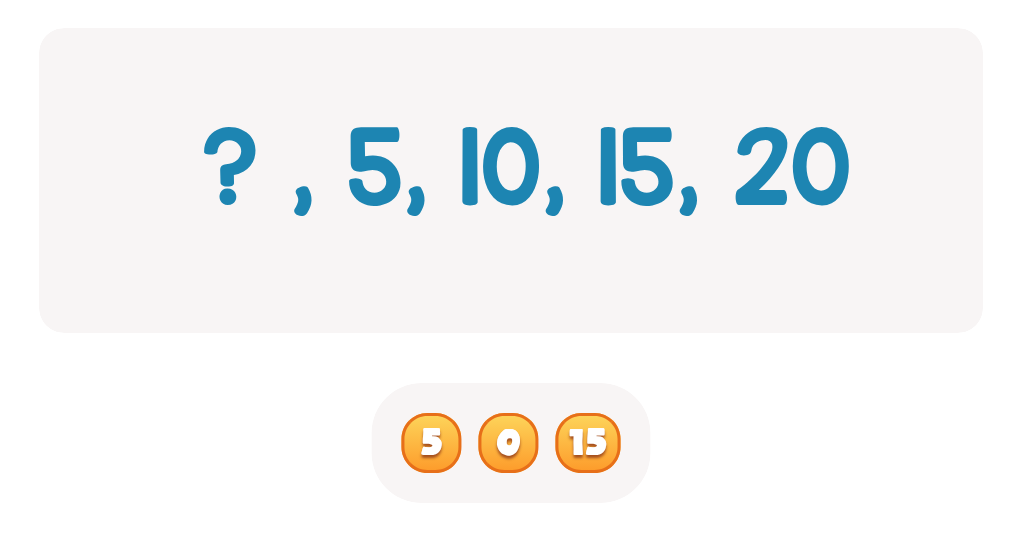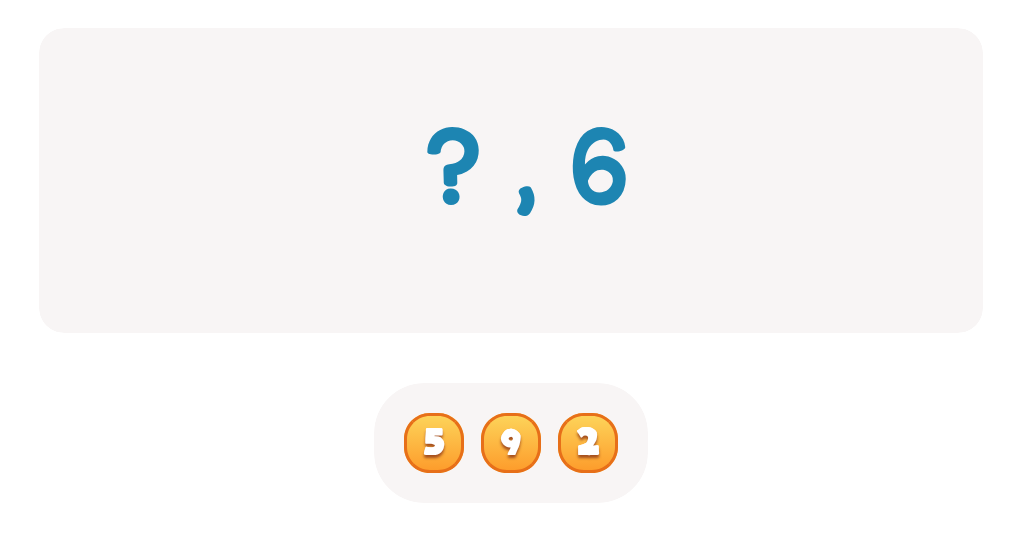Number Sequencing Counting Worksheets for Ages 6-8
5 filtered results
-
From - To
Explore our engaging Number Sequencing Counting Worksheets designed specifically for children ages 6 to 8. These worksheets offer a fun-filled way to enhance essential counting and sequencing skills. Through a variety of activities, children will learn to identify number patterns, fill in missing numbers, and develop an intuitive grasp of numerical order. Our resources promote cognitive development and foster a love for math, making learning both interactive and enjoyable. Perfect for parents and educators, these printable worksheets are aligned with educational standards and can be easily integrated into classroom activity or home-based learning. Start your child's math journey today!
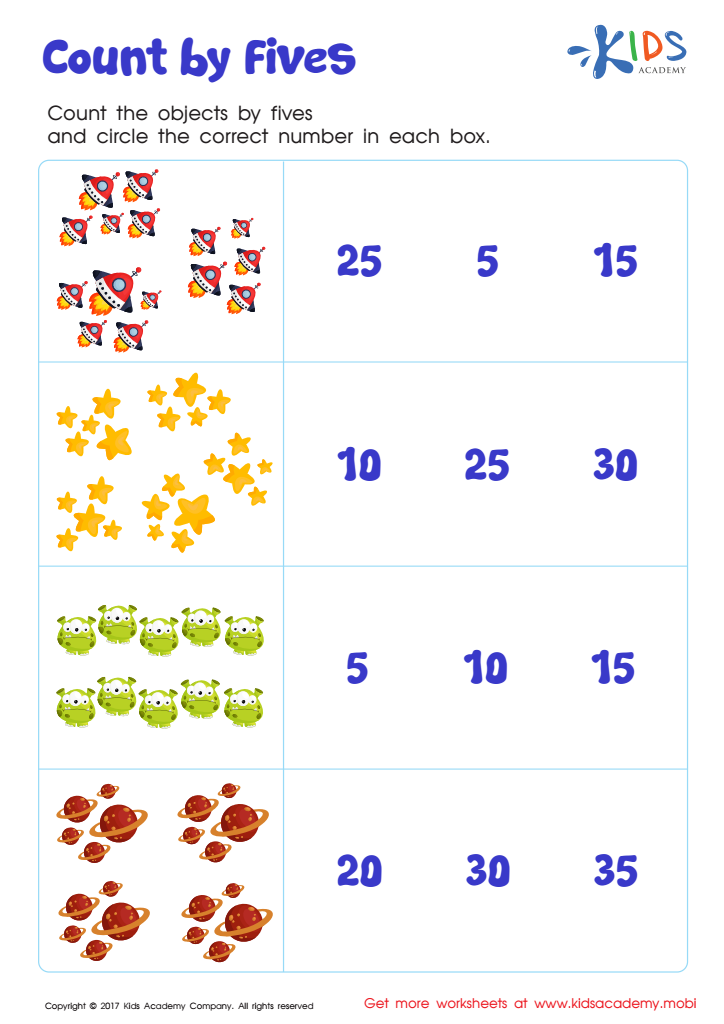

Skip Counting by 5s: Space Math Printable
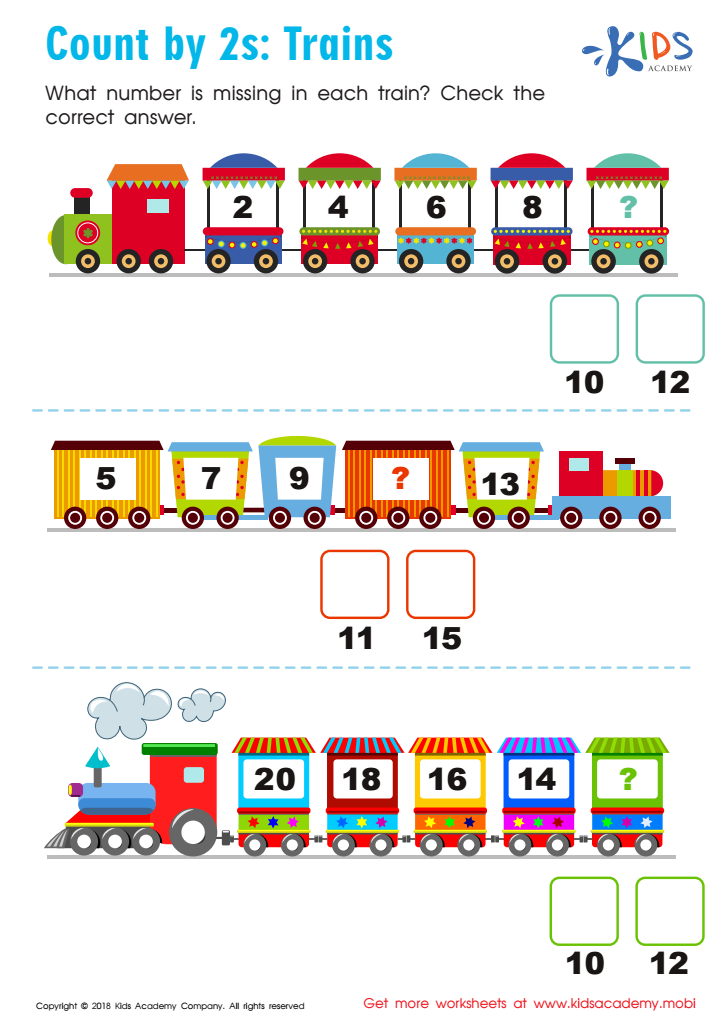

Count by 2's: Trains Worksheet
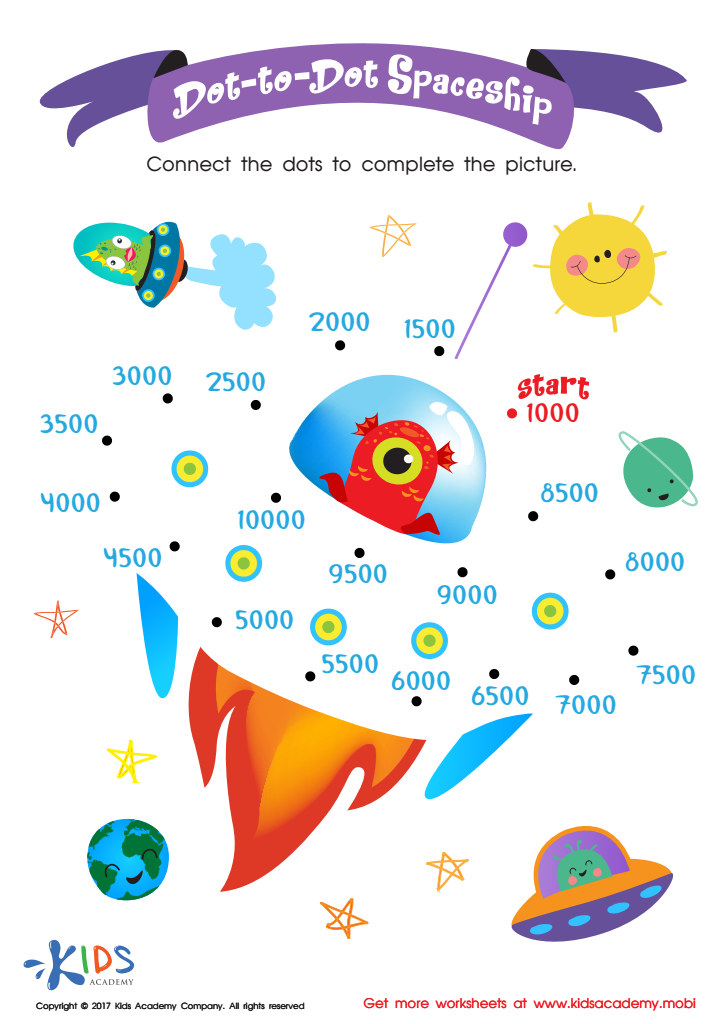

Dot to Dot Worksheet for 3rd Grade


Frog Countdown Worksheet
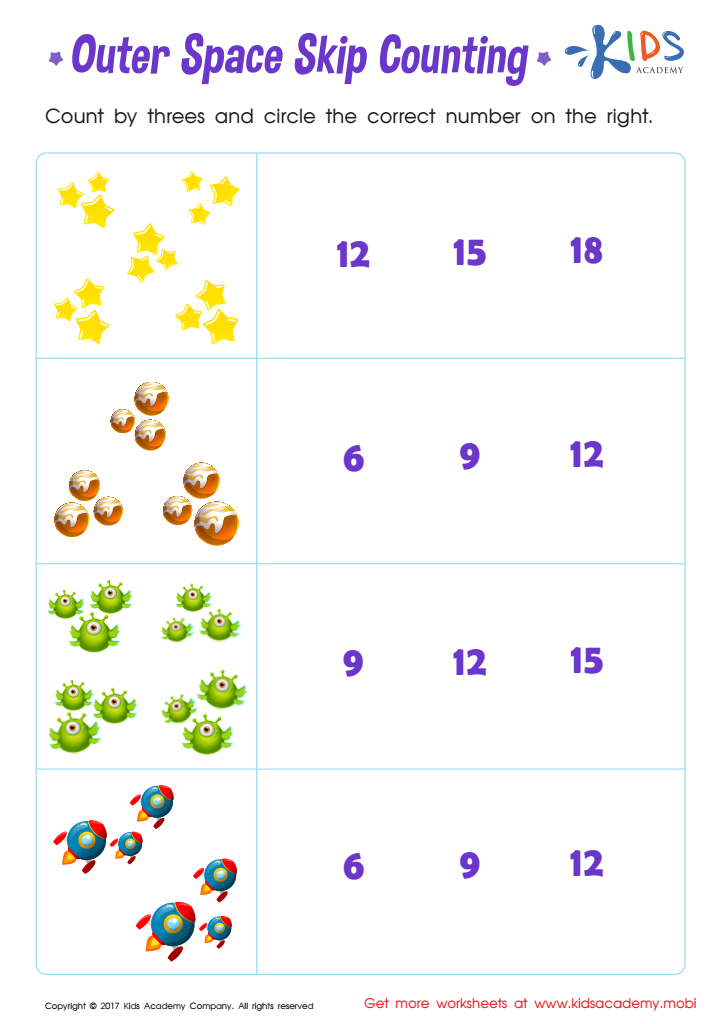

Skip Counting by 3s: Outer Space Skip Counting Printable
Number sequencing and counting are foundational skills crucial for children aged 6-8, and both parents and teachers play an essential role in nurturing these abilities. Firstly, proficiency in counting helps children develop a solid number sense, enabling them to understand basic arithmetic operations and build a strong mathematical foundation. As they learn to sequence numbers, they improve their ability to recognize patterns, which fosters critical thinking and problem-solving skills.
Additionally, mastering counting and sequencing aids in cognitive development. These activities encourage memory retention and understanding of order, vital for everyday tasks like reading schedules or organizing belongings.
Engaging children in number sequencing can also promote motor skills and hand-eye coordination when done through fun activities such as counting objects while playing. Moreover, children who are comfortable with numbers feel more confident, which can have a positive impact on their overall academic performance.
Finally, in collaborative environments created by parents and teachers, children learn the social aspect of mathematics, as discussing numbers and sequences can enhance communication skills. Overall, focusing on number sequencing and counting equips children with essential tools for lifelong learning and establishes a groundwork for future success in more complex mathematical concepts.
 Assign to My Students
Assign to My Students
